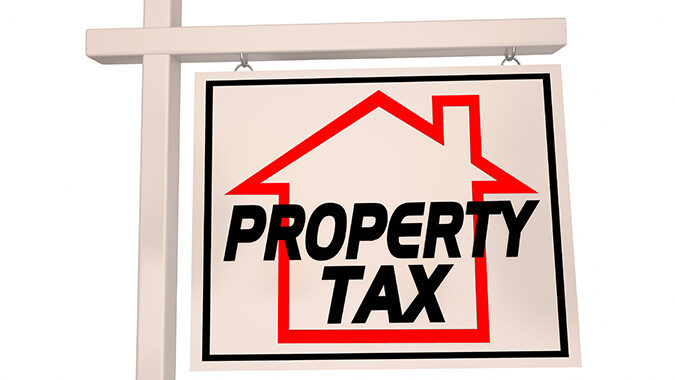No matter which way you crunch the data, New Jersey has the nation’s highest property taxes, according to the Tax Foundation, a nonprofit tax policy think tank based in Washington, D.C
The foundation said Tuesday its analysts used 2021 property tax data (the latest U.S. Census Bureau data available) to compare the median property tax bills in every county in the U.S., as well as the “effective property tax rates” across states. The latter calculation looks at residential property taxes paid as a percentage of home value. New Jersey had the highest taxes using both methods.
New Jersey’s effective rate on owner-occupied property was the worst at 2.23%, followed by Illinois (2.08%) and New Hampshire (1.93%). Hawaii was at the other end of the spectrum with the lowest effective rate of 0.32%, followed closely by Alabama (0.40%), Colorado (0.55%), and Wyoming (0.56%).
The Tax Foundation also compared data on the median property tax bills in each county in the United States. Six of the Top 11 counties in the U.S. where median property tax bills exceed $10,000 are in New Jersey: Bergen, Essex, Hunterdon, Morris, Passaic and Union. The other five counties in the Top 11 are in New York (Nassau, New York, Rockland, and Westchester counties) and Fall Church in Virginia.
Median property taxes vary widely across the country, and the average level of property taxes paid in 2021 across the United States was $1,682. The counties with the lowest median property taxes (less than $200 a year) were in Alaska, Louisiana and Alabama.
The next-lowest median property taxes are found in Madison Parish, Louisiana ($215); Bienville Parish, Louisiana ($220); Sioux County, North Dakota ($223); Lamar County, Alabama ($234); and McDowell County, West Virginia ($237).
“While no taxpayers in high-tax jurisdictions will be celebrating their yearly payments, it’s worth noting that property taxes are largely rooted in the benefit principle of taxation: the people paying the property tax bills are most often the ones benefiting from the services ...” said Andrey Yushkov, a senior policy analyst at the Tax Foundation.
Because property taxes are assessed as a percentage of home values, it follows that higher property taxes are paid in places with higher housing prices, he said. Higher payments also reflect an overall higher cost of government — and commensurately higher taxes — in these areas.
“Some states with high property taxes, such as New Hampshire and Texas, rely heavily on property taxes in lieu of other major tax categories,” Yushkov said. “This often involves greater devolution of authority to local governments, which are responsible for more government services than they are in states with greater reliance on state-level revenues like income or sales taxes,” he said.
“Other states, like New Jersey and Illinois, impose high property taxes alongside high rates in the other major tax categories,” Yushkov said.
For more details on the Tax Foundation’s analysis, go here.

